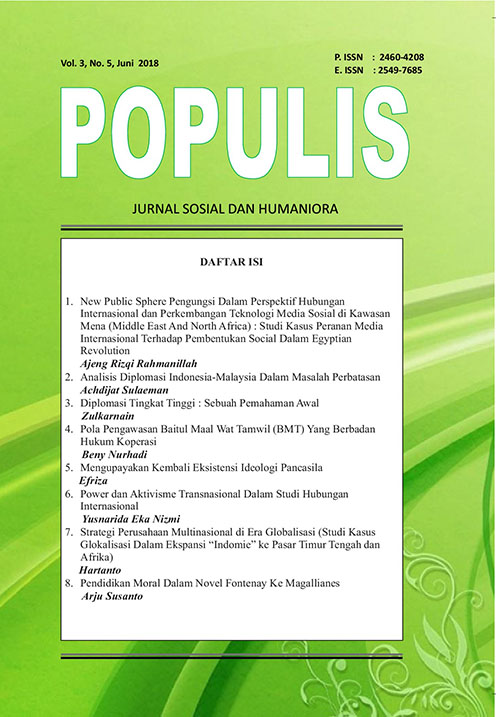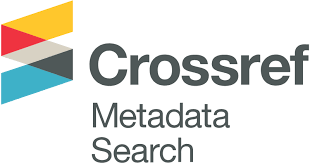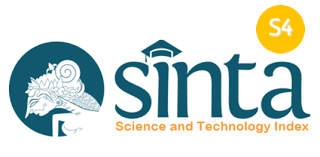Diplomasi Tingkat Tinggi: Sebuah Pemahaman Awal
DOI:
https://doi.org/10.47313/pjsh.v3i1.378Abstract
Abstract
Summit diplomacy belongs to the head of state or head of government. It will happen when there are crucial problems faced by the countries concerned and directly touch the collective interests of two or more countries involved in the summit. Summit or high-level diplomacy is also a reflection of a quick response by the parties that tends to produce a weighted agenda, so high-level diplomacy is not a series of activities of heads of state or heads of government filled with imaging missions, but rather an important mission for the national interest. One of the most important things of high-level diplomacy is the "ideology" of high-level diplomacy itself, namely the preparation of strategies, coordination and implementation measures aimed at the achievement of targets and objectives. That way, summit diplomacy avoids the blowing winds that pass without meaningful impression to mankind.
Key words : diplomacy, summit diplomacy, national interest
References
A., Vandana, Theory of International Politics, (Vikas Publishing House, New Delhi, 1996)
Acheson, Dean, Present at the Creation; My Years in the State Department, (Norton; New York, 1969)
Ball, George, The Past Has Another Pattern, (Norton; New York, 1982)
Berridge, G.R., Diplomacy; Theory and Practice, (Prentice Hall-Harvester Wheatsheaf; London-NY, 1995)
De Magalhaes, J.C., The Pure Concept of Diplomacy, (Greenwood; New York, 1988)
Eubank, K., The Summit Conferences 1919-1960, (University of Oklahoma Press; Norman, Oklahoma, 1966)
Hamilton, Keith and Richard Langhorne, The Practice of Diplomacy; Its Evolution, Theory and Administration, (Routladge; London and New York, 1995)
Nicholson, Harold, The Evolution of Diplomatic Method, (Oxford; New York, 1954)
Queller, D.E., The Office of Ambassador in the Middle Ages, (Princeton; New Jersey, 1967)
Downloads
Published
Issue
Section
License
- Hak publikasi atas semua materi informasi yang tercantum dalam situs jurnal ini dipegang oleh dewan redaksi/editor dengan sepengetahuan penulis. Pengelola Jurnal akan menjunjung tinggi hak moral penulis.
- Aspek legal formal terhadap akses setiap informasi dan artikel yang tercantum dalam situs jurnal ini mengacu pada ketentuan lisensi Creative Commons Atribusi-NonCommercial-No Derivative (CC BY-NC-ND), yang berarti bahwa hanya dengan izin penulis, informasi dan artikel Jurnal BACA dapat didistribusikan ke pihak lain dengan tanpa merubah bentuk aslinya untuk tujuan non-komersial.
- Setiap terbitan Populis Jurnal Sosial dan Humaniora, baik cetak maupun elektronik, bersifat open access untuk tujuan pendidikan, penelitian, dan perpustakaan. Di luar tujuan tersebut, penerbit atau pengelola jurnal tidak bertanggung jawab atas terjadinya pelanggaran hak cipta yang dilakukan oleh pembaca atau pengakses.










